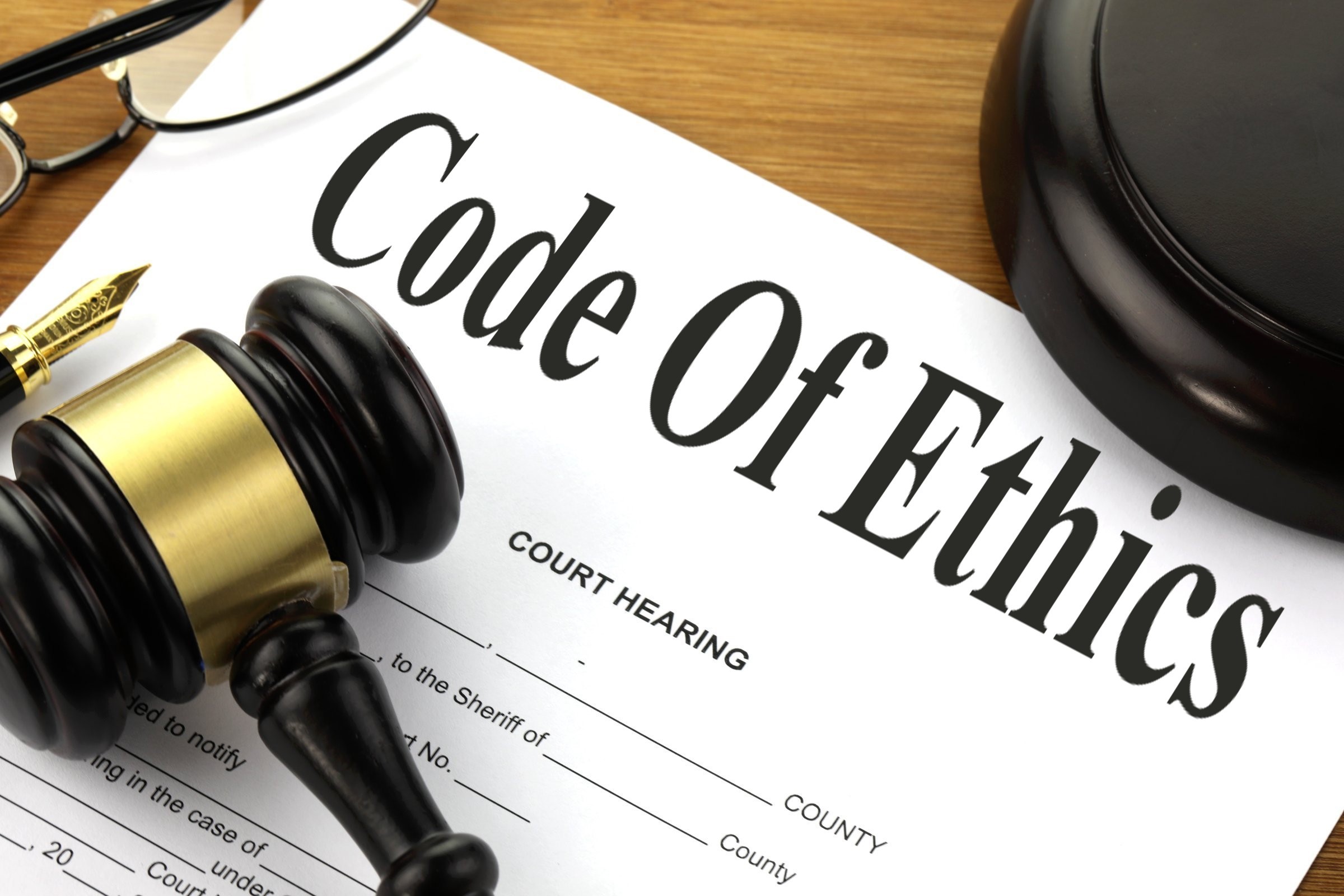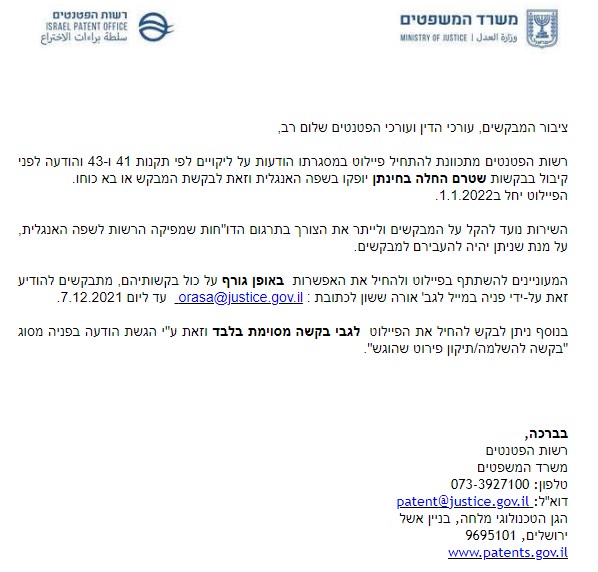I start the article by declaring right off the bat, that I understand little about taxation related to Israeli IP. Nevertheless I feel that patent attorneys should know more than strictly IP (intellectual property), for example about Israeli IP related taxationP, at least at a rudimentary level sufficient to understand concerns client may have.
On the previous weekend when reading in the Jerusalem Post newspaper I was very interested in the article on double taxation on companies that both buy shares from other companies and (separately and subsequently) their IP, and followed up and discovered other recent issues and changes relevant to taxation related to Israeli IP. Apparently the Israeli Tax Authority is pushing for carrot and stick investment in Israeli IP.
An online version of the article on double taxation is available here. The article refers to Circular 15/2018 of December 1, 2018, available here. The Circular in turn refers to “OECD Transfer Pricing Guidelines for Multinational Enterprises and Tax administrations, 2017” for the guidelines for the drafting of the Circular, and GTEKO Ltd v. Kfar Saba Tax Office, Ramle District Court, June 6, 2017 Civil Appeal 49444-01-13, in which Microsoft, the purchaser of GTEKO shares and subsequently IP, was ordered to pay tax on a 90M USD purchase of the IP of GTEKO, although the assignment stated that the payment was 27M USD. The court alleged that the purchase was made artificially low.
Tax procedure novices such as myself may find these two sources useful to understand the issues of purchase price allocation and functions, assets and risk analysis (FAR analysis) that are used to determine whether the purchase was done in good faith.
Specifically, the circular addresses the Tax Authority’s position regarding corporate reorganization that results in a sale of IP, or licensing of the IP. In particular (not mentioned in the article) a multinational company taking over an Israeli company and closing down the Israeli company’s activity, most particular effectively transferring IP to outside ISrael. In such cases, capital gains tax or taxes of licensed royalties would be exercised. Another big (in Israeli terms) IP taxation case was the purchase of the IP of the software firm Mercury Israel in 2006, for which the purchaser HP had paid 1.5B USD. HP had held the position that it had fully paid income tax for the purchase. However, it was ordered in 2017 to pay another 1.6B USD. HP had paid 4.5B USD for the shares of Mercury. Unlike the former case, this case was conducted under international mediation.
At the same time there are carrots offered for taxation related to Israeli IP. The government is offering the public incentives to invest in companies that have IP (invest resources in R&D), Circular 21/2018 of December 31st, 2018. The eligible companies are in particular Israeli start-ups that raise capital via shares offered on the Israeli Stock Exchange. The plan is to have the shares available under a specially established VC company, that will enable investment even in companies not traded on the stock market.






